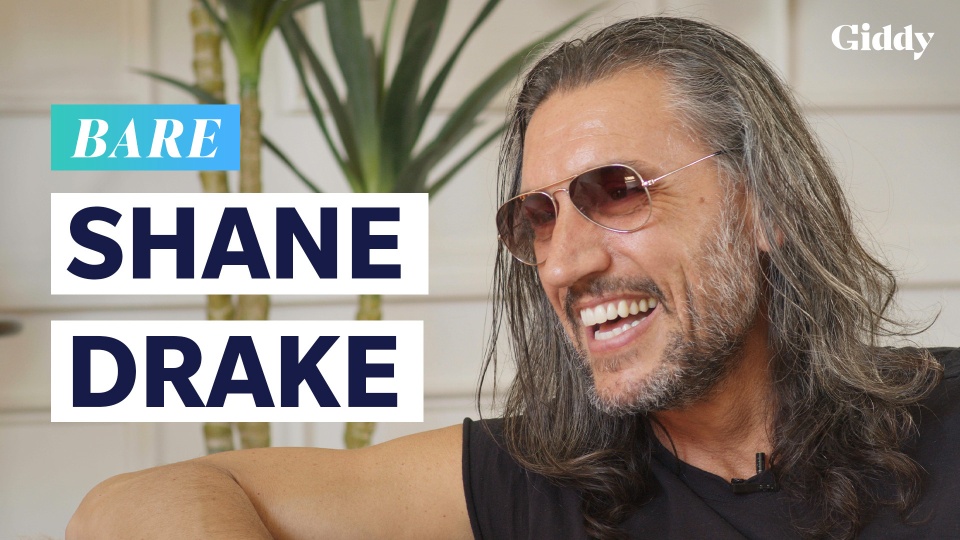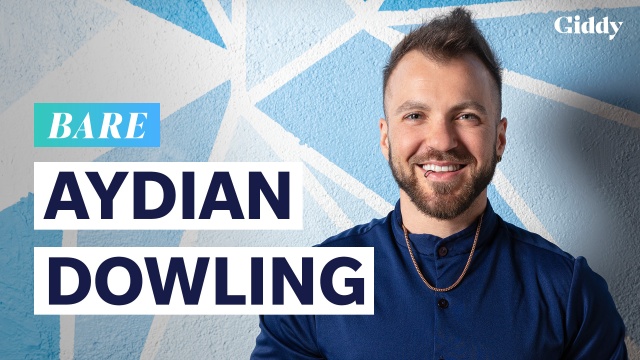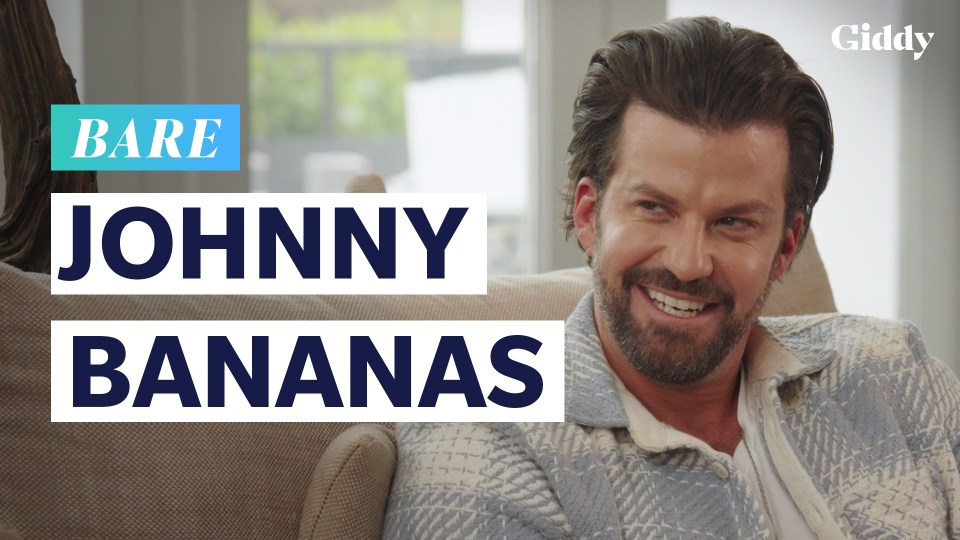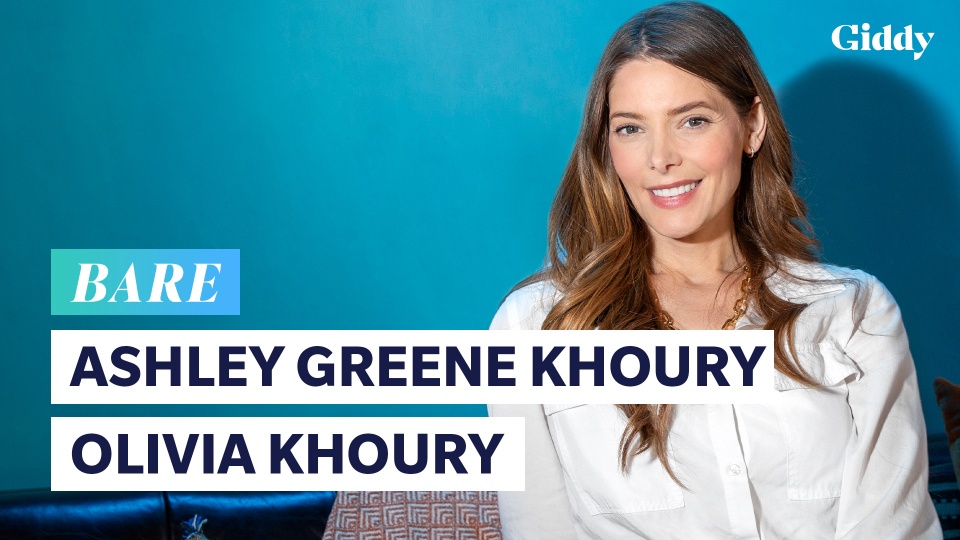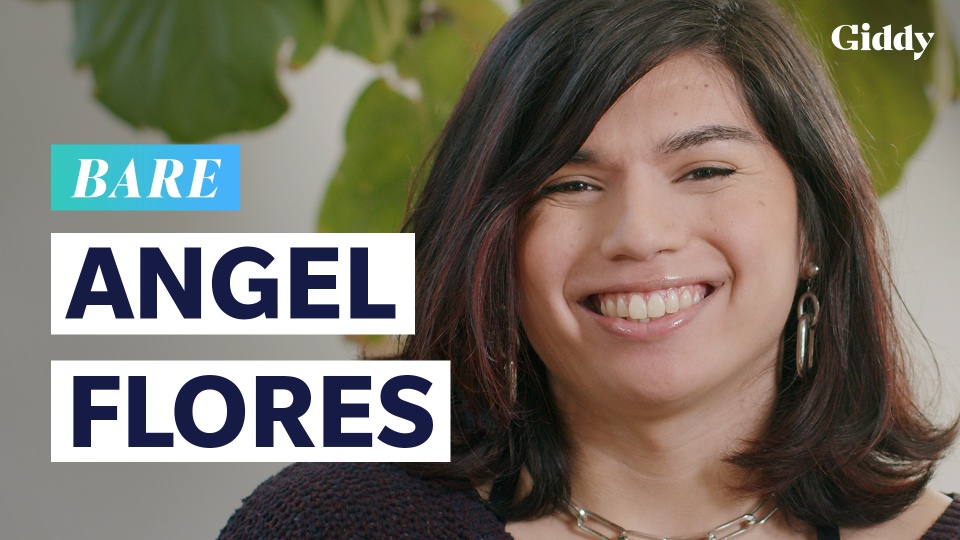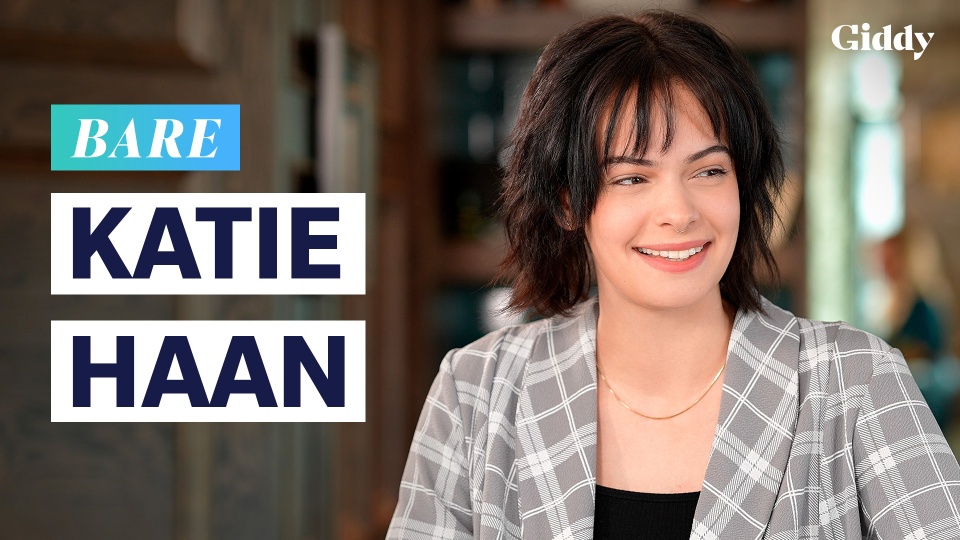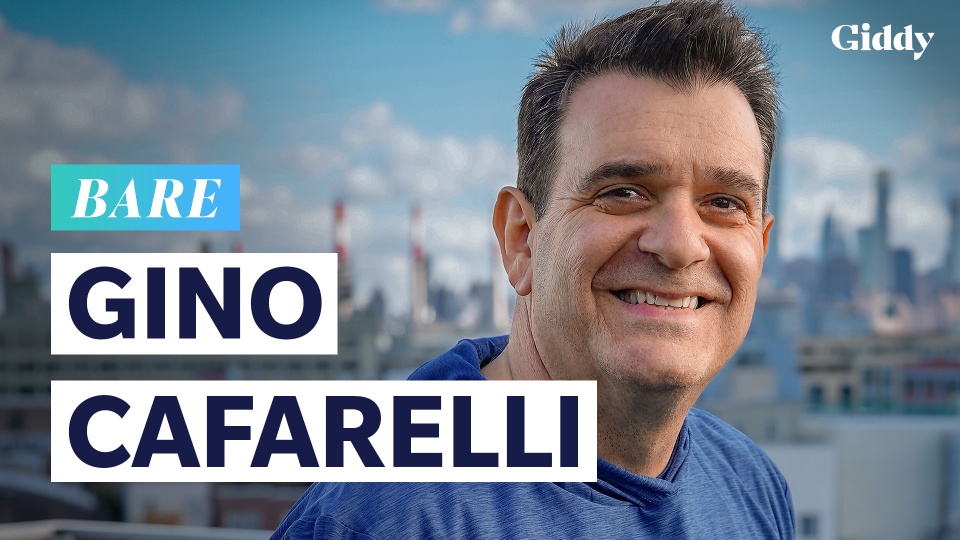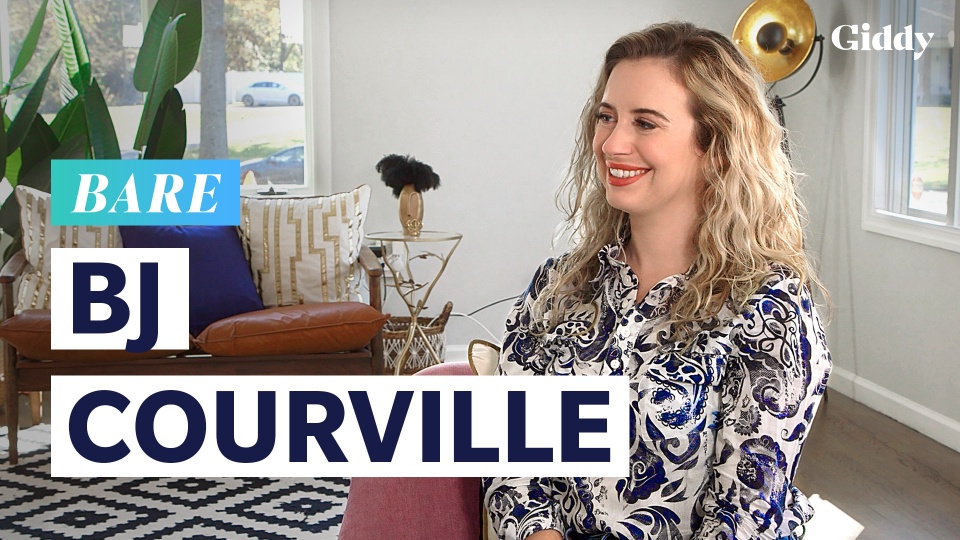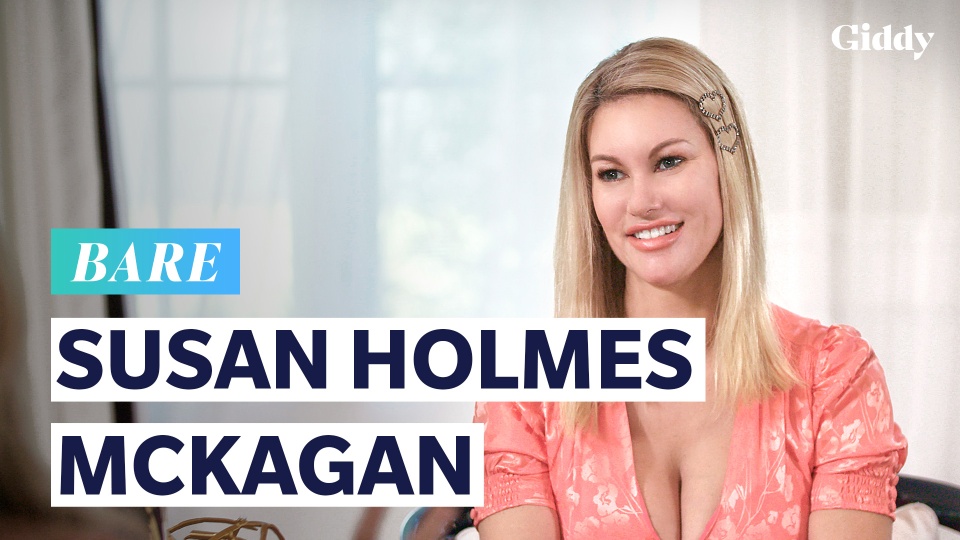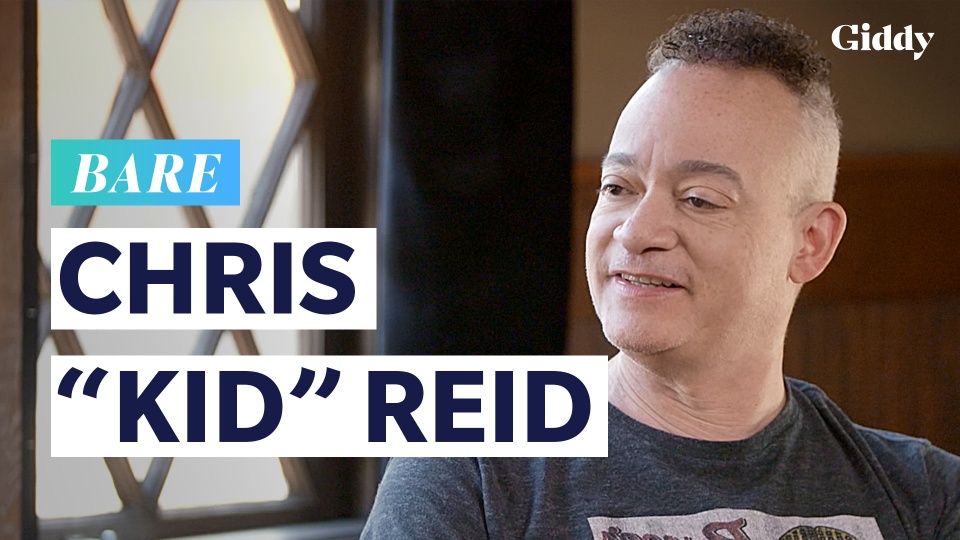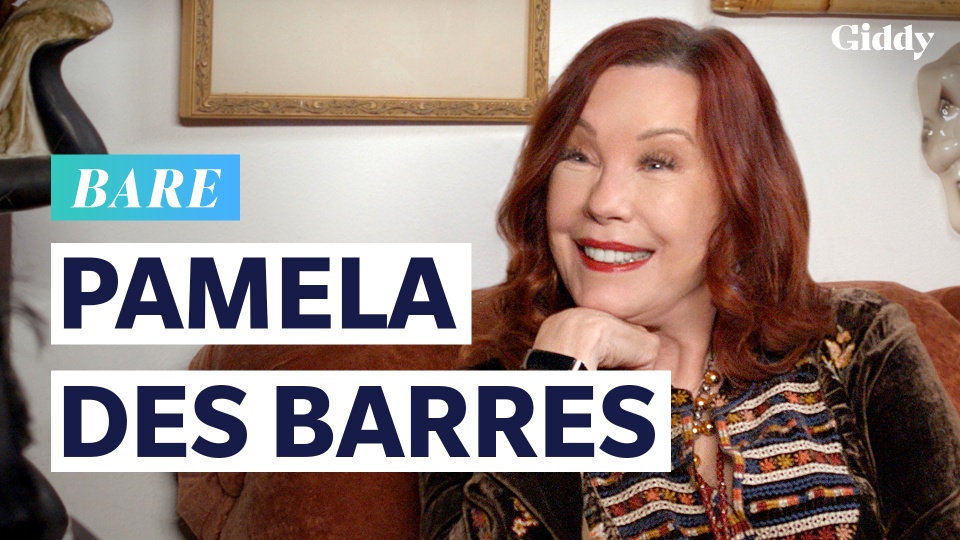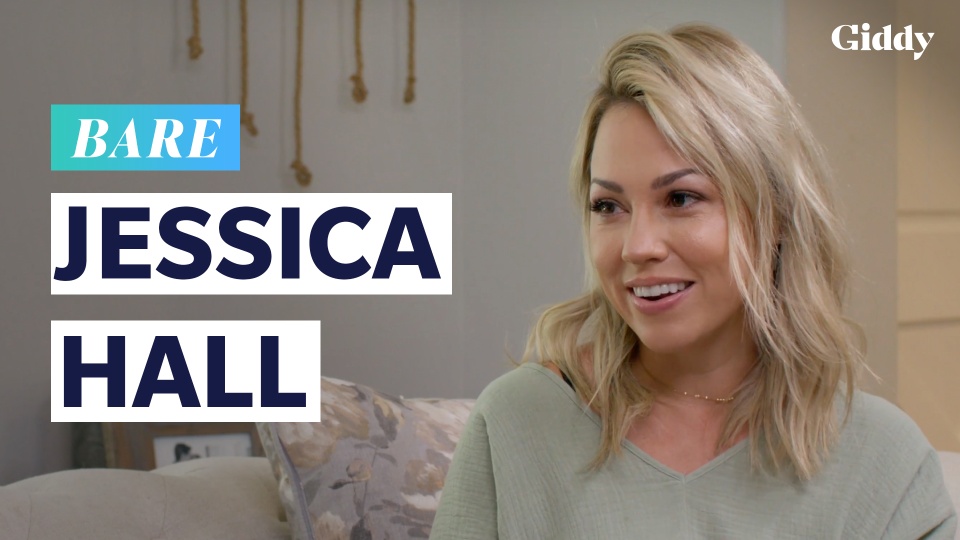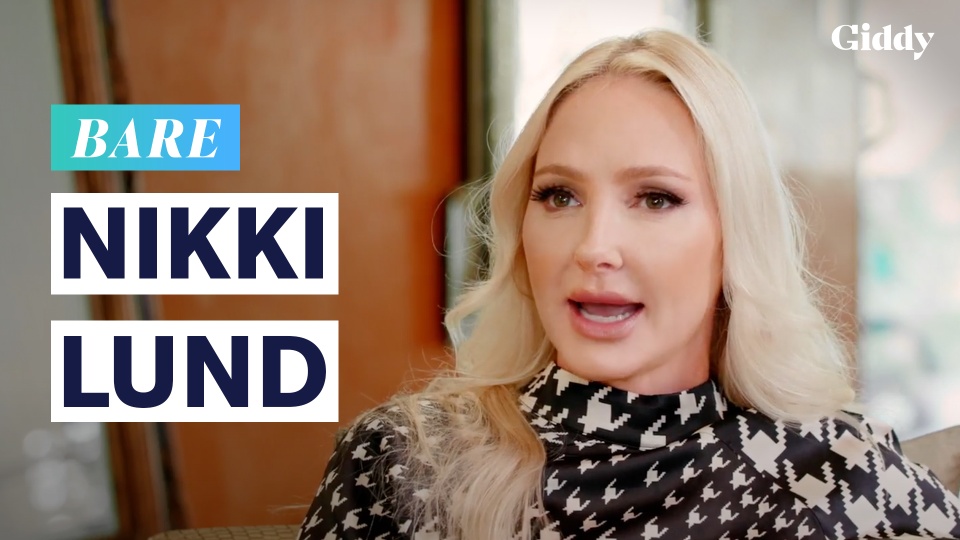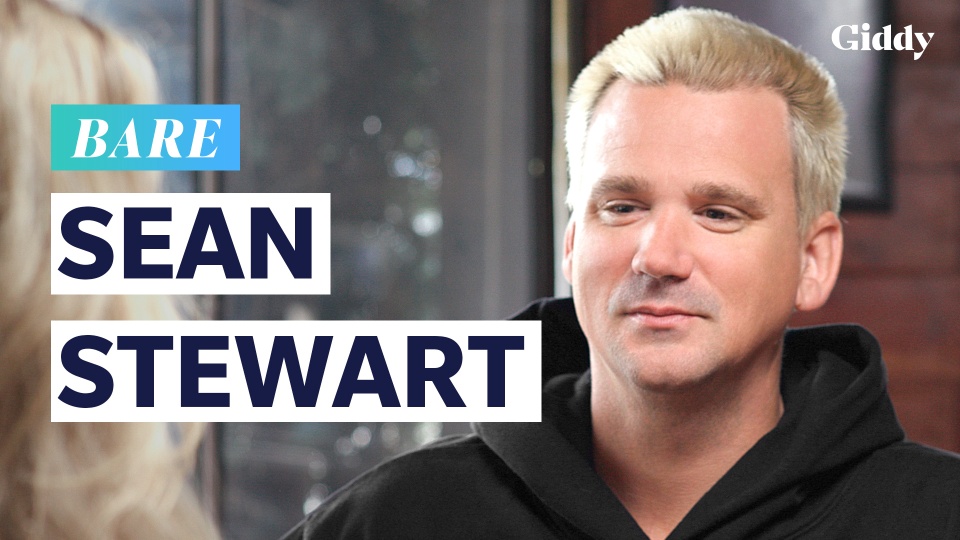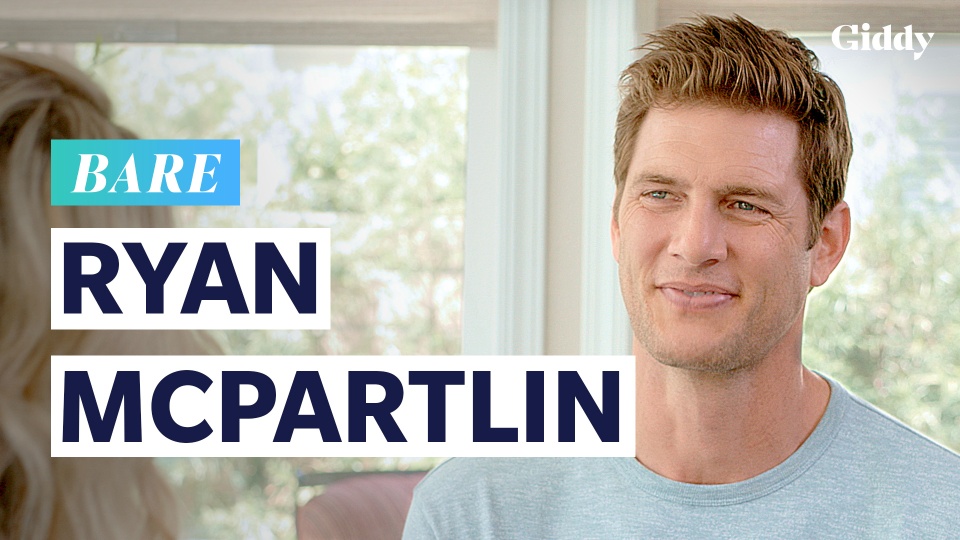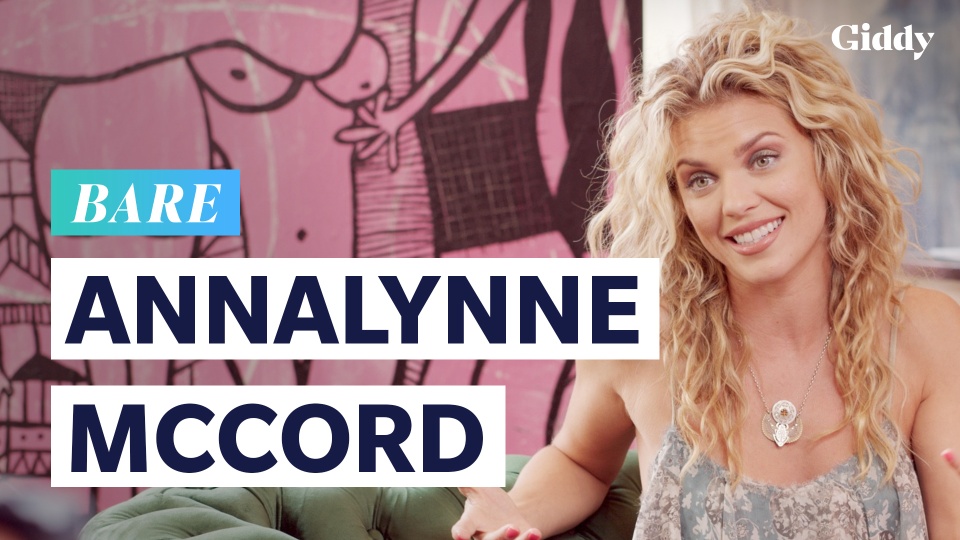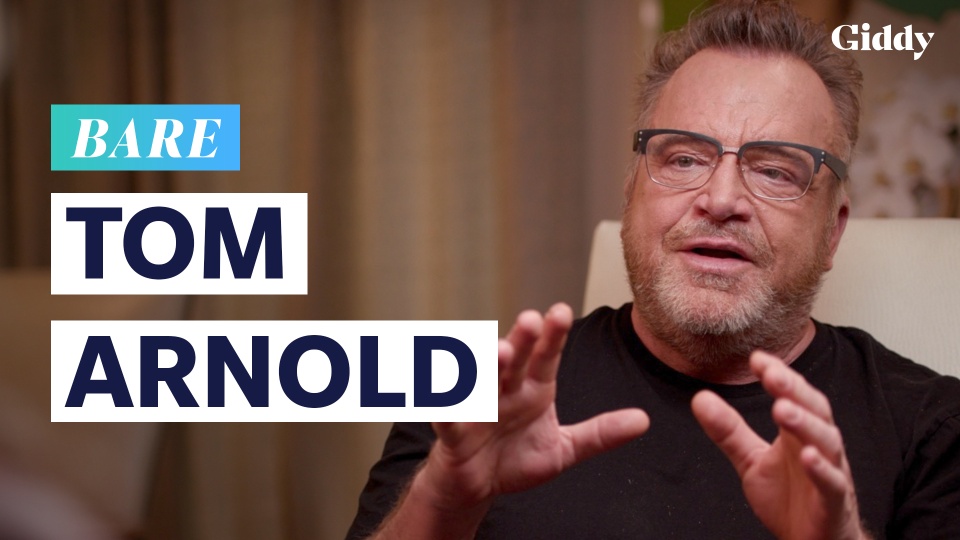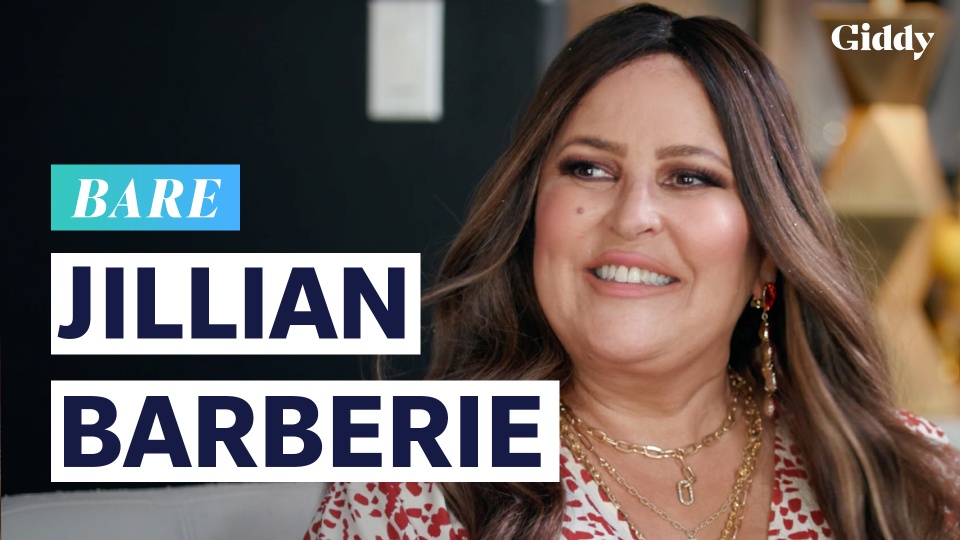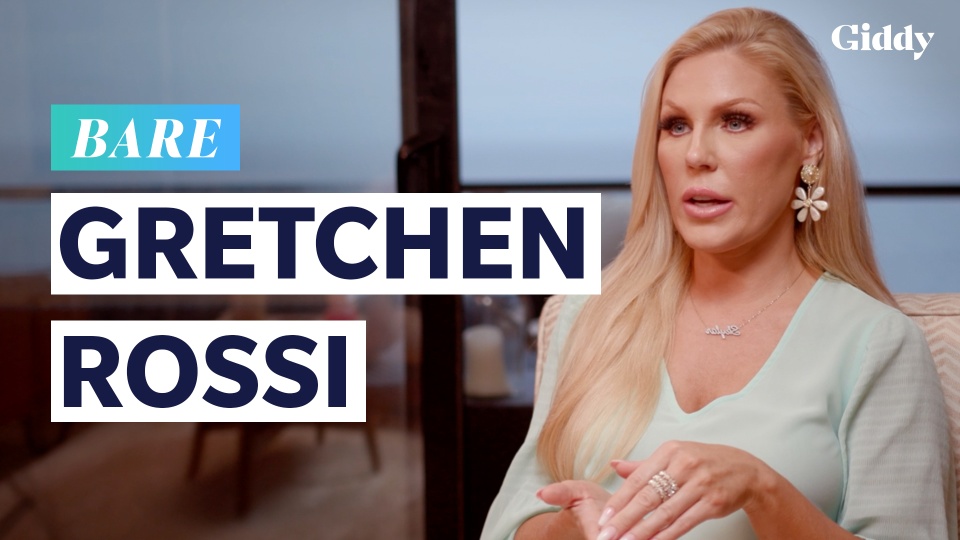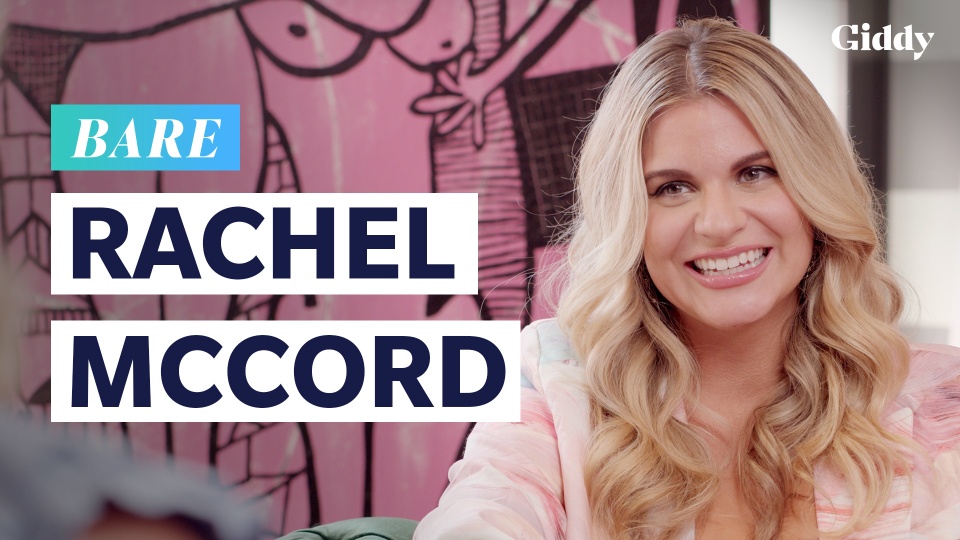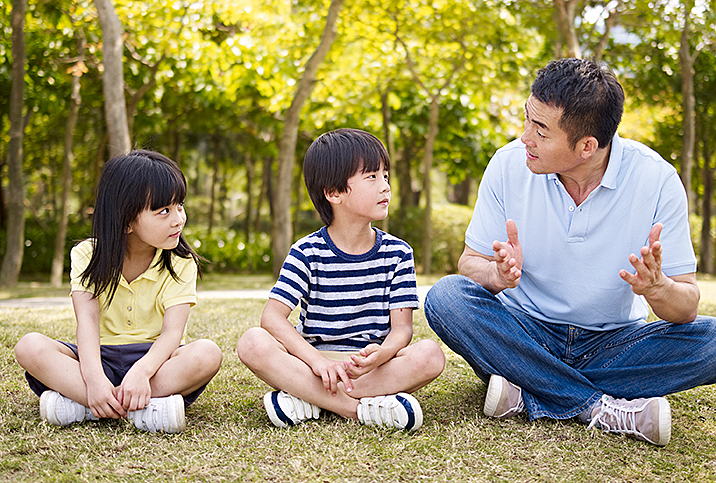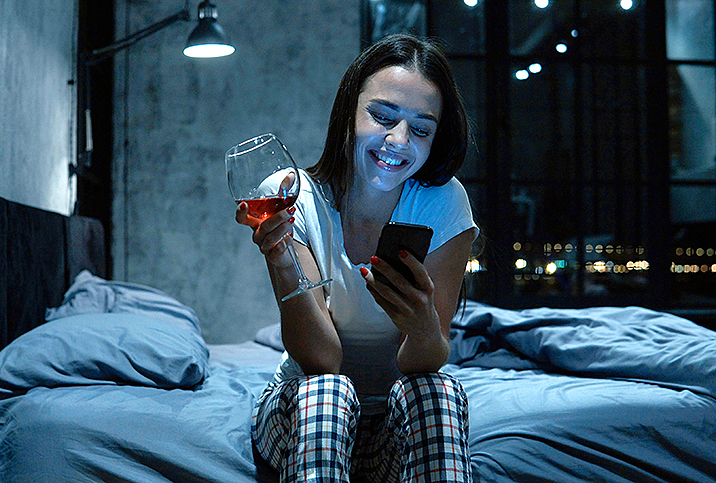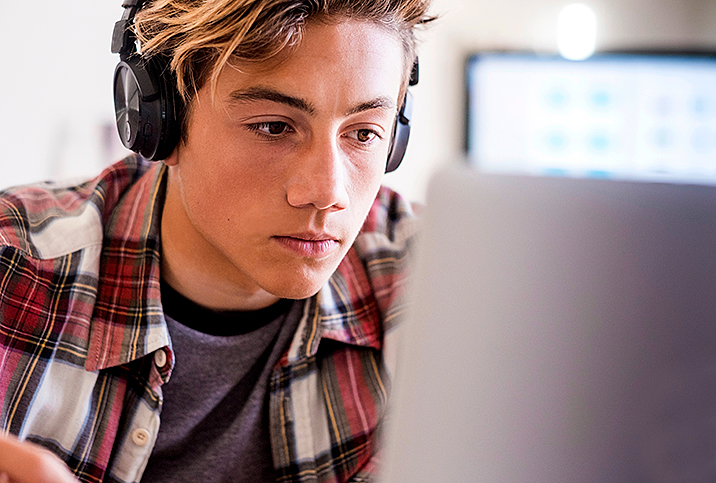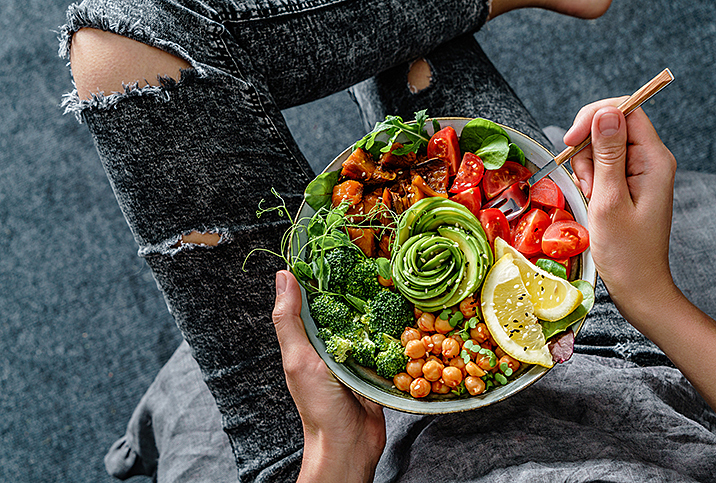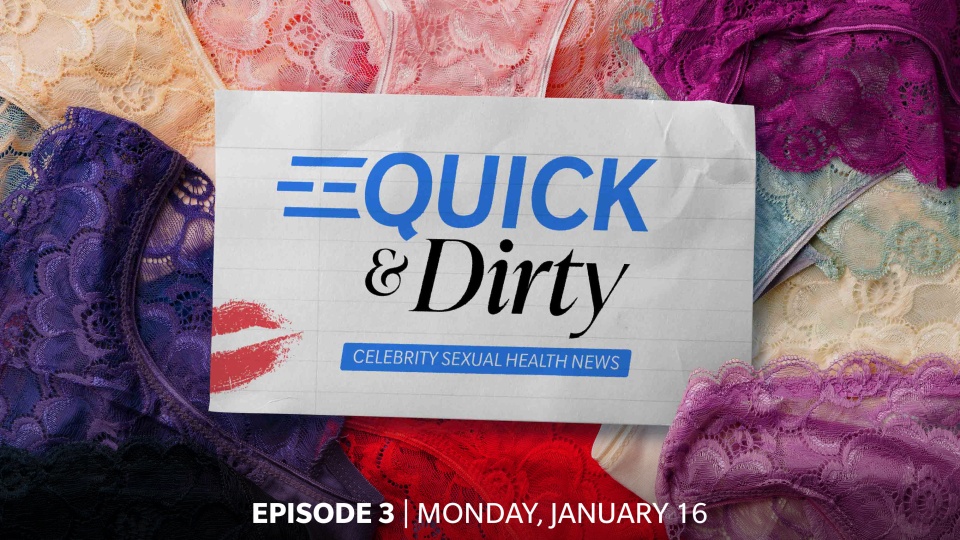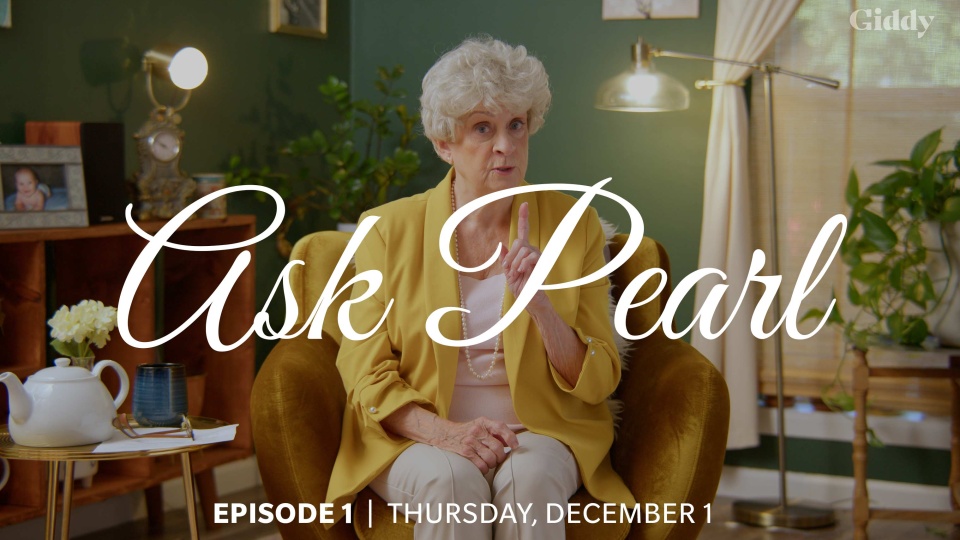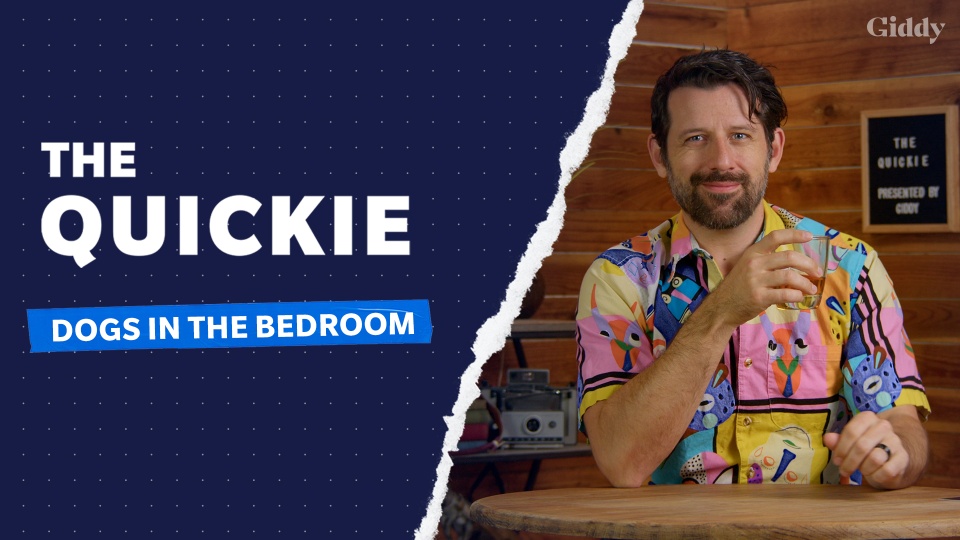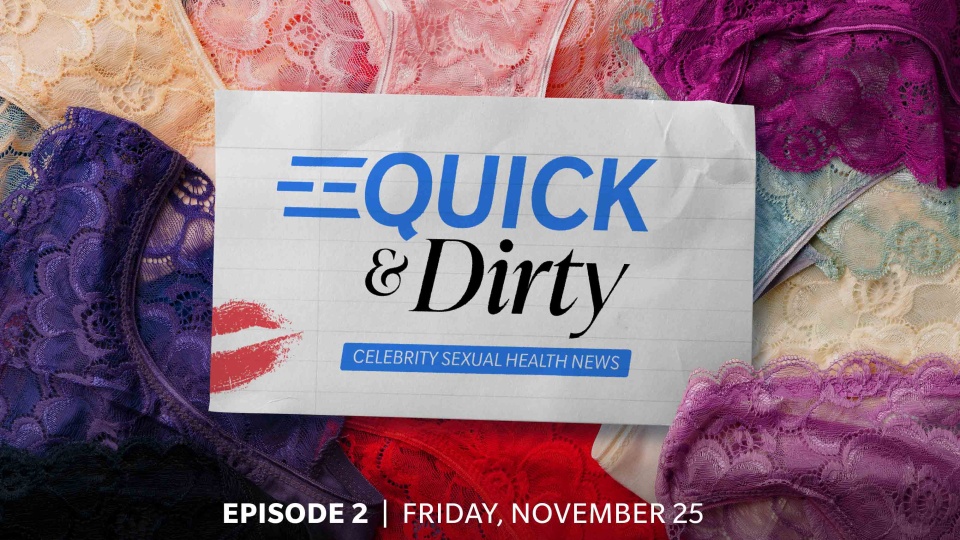Ryan McPartlin on marriage, parenting and a healthy lifestyle
The actor sat down with Giddy's Marisa Sullivan to discuss making his marriage last, parenting teen boys and incorporating healthy choices—including nutrition and exercise—into his lifestyle.
More about this episode
A Conversation With Ryan McPartlin
Actor and producer Ryan McPartlin, 46, sat down with Giddy's Marisa Sullivan for an interview about his marriage, how he talks to his sons about sex, and the positive impact of healthy eating.
For McPartlin and his wife of nearly 20 years, Danielle, communication is everything, especially when their schedules get really busy, such as last summer when they spent almost two months apart. Those eight weeks were difficult, he said, but they made it work.
McPartlin and his wife have two sons together, and talking about sex and relationships with the boys is just part of parenting. They encourage their boys to avoid pornography and focus on the real connections they can build with a partner.
The "Chuck" star also touched on the importance of healthy eating and the positive effects a clean diet can have on every aspect of life. He and his wife run a family business, which Danielle started and spearheads, called Plate Therapy Kitchen.
Transcript
I want to get into your beautiful wife, Danielle, and how that works because I know you've been traveling a lot.
I was gone for the whole summer, so that was tough. It was eight weeks away. I think it's really about communication, about saying, "What do you need? How can I help you?" Because you can send flowers, you can FaceTime, you can do all these things, but you also need to say, "What can we do to make it better for you right now?"
And so when you're gone, do you get into sexting? Flirty texts?
We started dating when it was pagers and payphones. And I'm not joking when I say that. It totally ages me.
But I remember being out to dinner with friends or being at a bar and getting my pager and going, "Oh! Danielle's calling. I gotta hit her up," and leaving to find a payphone and saying, "Hey, what's up? I'm using my parents' calling card, so I don't have many minutes left."
So that's how we started, when she was at KU and I was in L.A. trying to make it as an Abercrombie model.
So that may not be natural for you, the whole sexting thing.
Yeah, it didn't start that way for us. Our pattern was being afraid of who else is watching on these cameras and all of that stuff. Or how it could ever get into someone else's hands. Her and I misplace everything, so God knows what would get out there.
So, as a father to a preteen and a teen, have you started having conversations about sex? Have they started asking questions? How is all that going?
Boys don't really ask questions. They don't want to talk about it at all with their dad. But for me, I want to talk about it. I overcommunicate, I overtalk about things, that's just my style.
So fifth grade is when it starts a little bit. There's a little bit of sex ed in fifth grade. And I knew that phones were going to come into play, especially in sixth grade, seventh and eighth. Everybody has them, but my boys didn't have them and didn't have social media. But I knew their friends would have it. And to be honest, I knew some of them don't have any parental controls on the phone.
So I said, "Wyatt, there's so many steps that you are going to take in your journey of becoming a man and falling in love and actually getting physical with another person. I don't want you to skip any of those steps. And if you start looking at videos that your friends want you to see, you start looking at pornography or anything they put in front of you, you're going to miss out on the butterfly moments: holding a girl's hand, first kiss, first base. All of those things that you're going to end up doing, you don't want to miss that stuff. 'Cause that's the good stuff. That's what's up in your mind. That's what creates the emotional connection that you're going to have later in life that still makes it exciting. The physical stuff that you see people doing in pornography, it's not real. It's not love."
There's physicality and then there's love and emotion and all those things—and you want them to be together. He can learn whatever he needs to learn later on in life, but I want him to have a foundation of that from me. Just going, "That's what you want to search for in life. That's what you want to get out of a partner in life."
And what things do you do with your wife—do you see them taking note of you holding the door open for her, doing something romantic or just respecting women in general?
I think it's always having the conversation in the moment about how they talk to girls. I don't always say it right then and there, but we always have a conversation later saying, "Hey, listen. The way that you're speaking to girls—I don't care if they're your best friend and you treat them like a guy and they treat you the same—I want you to respect women in a much more elevated way than you do guys."
It's just something that I was brought up with and I think that those Midwest values of really having that respect and having that reverence for women is important.
Can you talk about how it's so important to eat clean? Because you can feel so much better emotionally and physically, which also helps you feel confident in the bedroom.
Absolutely. I think "eating clean" is such a generic term and that "being healthy" is such a generic term, because everyone has such different ways of going about it—and we might change our minds along the way.
I used to eat the worst processed yogurt. ...When I thought I was in the best shape of my life and I was doing articles in Men's Fitness, I would give all this diet advice that I look back on and go, "Oh, man. That was bad advice," because it was not eating real food.
So, paleo is one of the things we do. We do a few vegan options, a little keto. But the basis behind it all is that there is no dairy, no sugar, no gluten and no artificial anything.
Danielle started this journey because she has vitiligo and Hashimoto's, which is thyroid disease, and it's just autoimmune conditions that she wanted to get healthy with and know that she can manage the symptoms from food.
Yeah, a lot of people don't know it starts with the food. Doctors will push medication on you. Oh, have you tried to eat well for a day? No! Have you worked out? No! Have you drank water? Have you slept for eight hours? No!
There's so many things, so many ailments that can be cured by exactly what you just said.
We're both from Chicago. I love a good Chicago pizza when I go home, Portillo's. I do it but I expect a food hangover. I treat food the same way I treat alcohol now. I'm still going to go and have fun with alcohol once in a while, but if you have red wine, you're going to have a different hangover than with tequila. We don't treat food the same way. We just eat when we're hungry and go, "Ahh, that was good. I needed that."
We've all sampled with wine, vodka, tequila, whatever, and we know the effects it has. But we mix our foods, right? So we don't do an elimination most of the time, and that's the biggest thing. When you eliminate food groups and then you put stuff back—like when you eliminate gluten and you put it back and you know how you feel and you go, "OK. Maybe I don't do well with gluten. I'm done with that." Or if I eat it, I know I'll have a hangover from it.
Everything is a drug that we put into our body, and we either get energy or lose energy from it. And if we want to be able to give energy—whether that's sexual energy, physical energy, anything that we're doing in life—it's what is going to serve you best.






